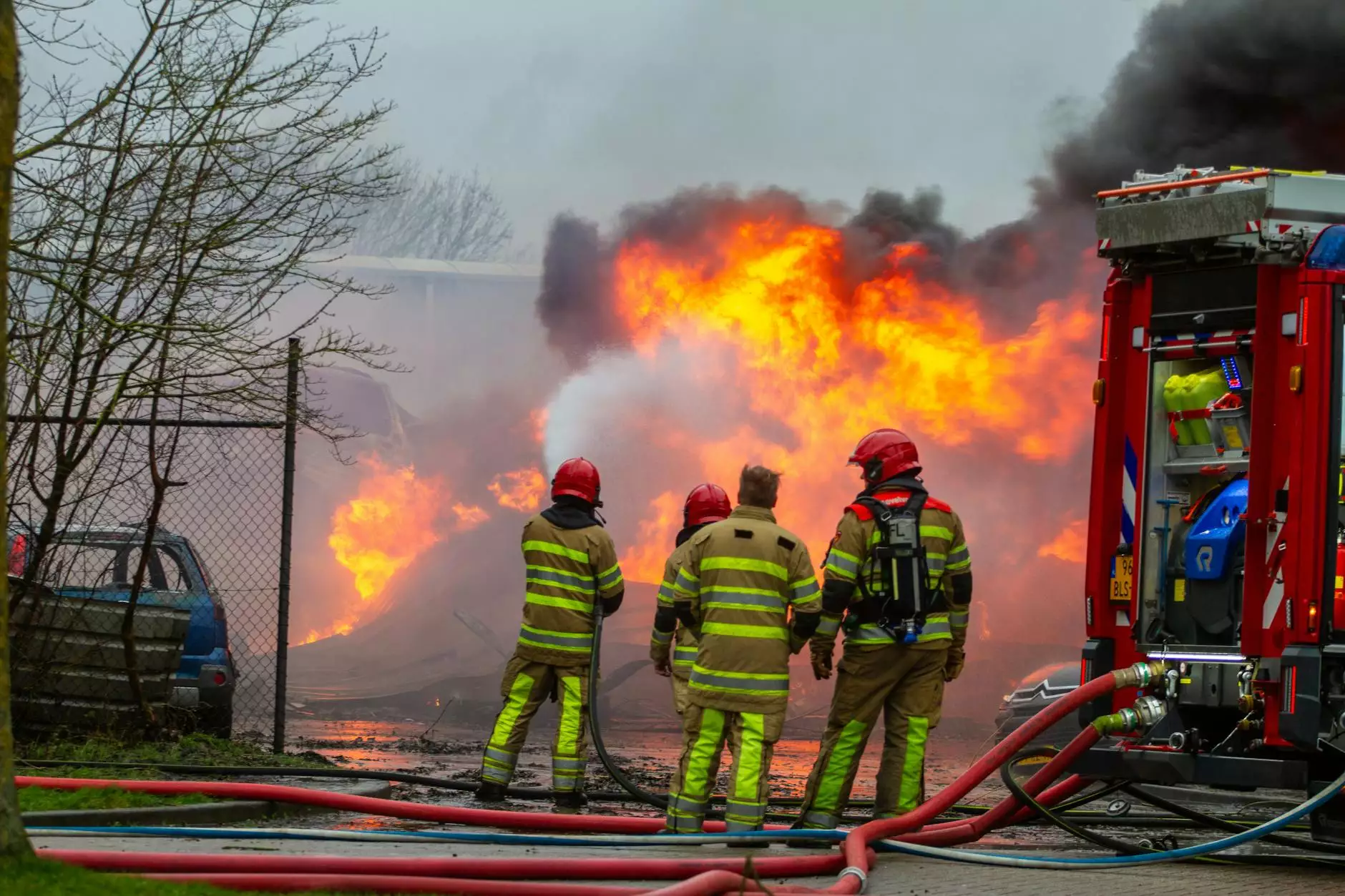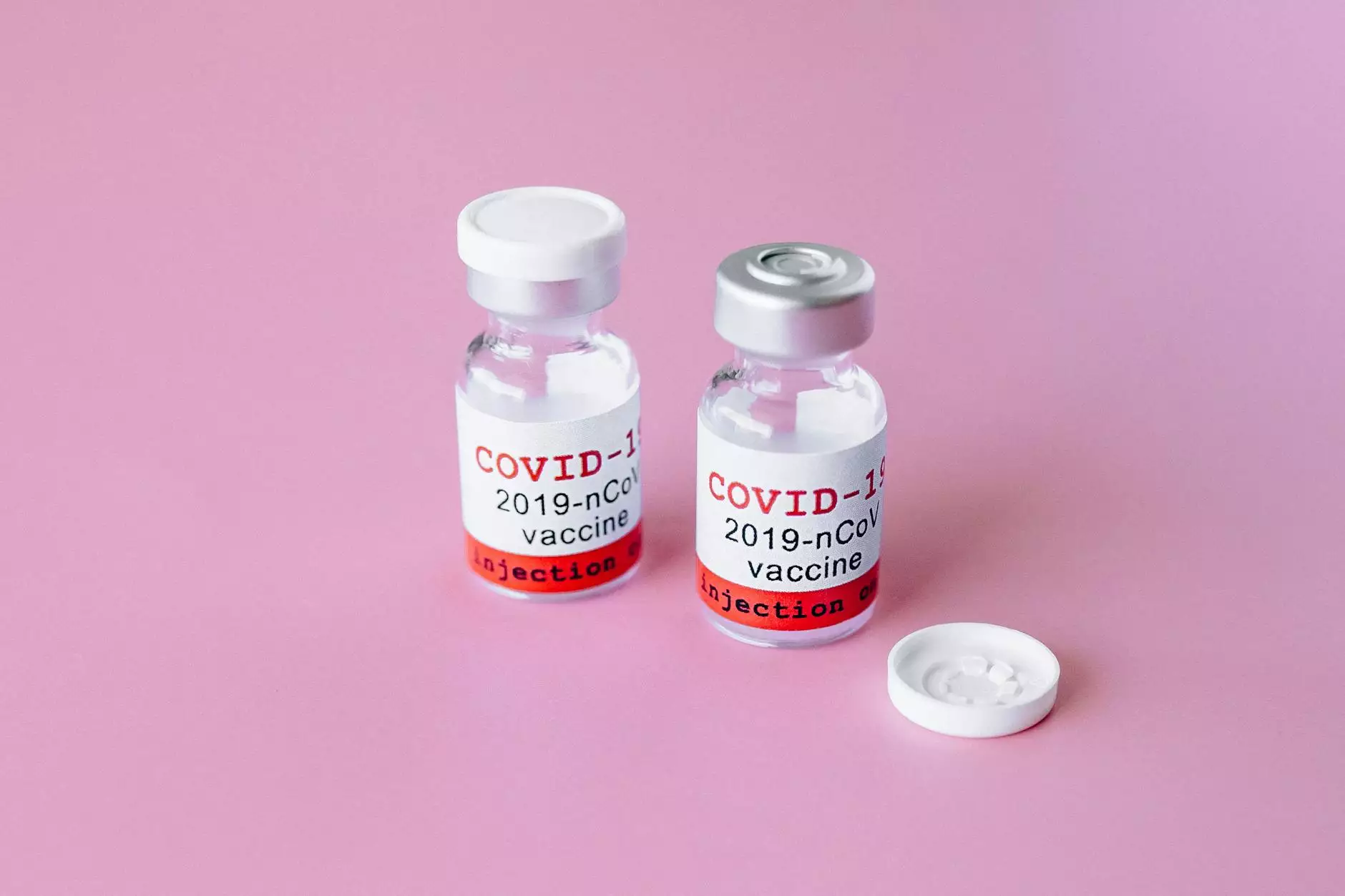Flooding Resources
Services
Welcome to the Flooding Resources page provided by Regency Square Care Center, your trusted source for Geriatric and Aging Care. In collaboration with the Siouxland District Health Department in Iowa, we aim to provide comprehensive information and resources to help you understand and cope with the impact of flooding on health and well-being.
Understanding Flooding
Flooding is a natural disaster that can have severe consequences on individuals, families, and communities. It occurs when an area experiences an overflowing of water, leading to the submergence of land that is usually dry. It is important to be aware of the causes, risks, and potential health hazards associated with flooding.
Causes of Flooding
Flooding can be caused by various factors, including heavy rainfall, rapid snowmelt, hurricanes, or dam failure. When excessive amounts of water overwhelm the natural drainage systems, it can result in flooding. Climate change and urbanization have also contributed to the increased frequency and intensity of floods in recent years.
Risks and Health Hazards
Flooding poses numerous risks and health hazards that need to be addressed. These include:
- Drowning: The risk of drowning increases during floods, especially for individuals who come in contact with deep or fast-moving water.
- Waterborne Diseases: Contaminated floodwater can carry harmful pathogens, leading to waterborne diseases such as cholera, typhoid, and hepatitis A.
- Injuries: Floods can result in injuries from debris, falls, or electrical hazards due to damaged infrastructure.
- Mental Health Impacts: The stress and trauma associated with flooding can have significant psychological effects on individuals and communities.
- Displacement: Flooding can force individuals to evacuate their homes, leading to displacement, loss of personal belongings, and disruption of daily routines.
Preparing for a Flood
Being prepared is crucial in minimizing the impact of flooding. Here are some essential steps to help you prepare:
Create an Emergency Plan
Develop an emergency plan for your household. This should include evacuation routes, a communication strategy, and arrangements for your safety and well-being.
Build an Emergency Kit
Prepare an emergency kit with essential supplies such as non-perishable food, water, medications, flashlights, batteries, and a first aid kit. Ensure that the kit is easily accessible in case of an emergency.
Safeguard Important Documents
Keep copies of important documents (e.g., insurance papers, identification, medical records) in a waterproof and easily accessible container. Consider storing them digitally as well.
Flood Insurance
Review your insurance policy to ensure it includes coverage for flooding. If not, consider purchasing flood insurance to protect your property and belongings.
During a Flood
If a flood event occurs in your area, it is crucial to prioritize safety. Here are some important measures to follow:
Monitor Local Authorities
Stay updated with the latest information and instructions provided by local authorities, emergency management agencies, and weather forecasts. Follow their guidance and advisories.
Evacuation and Safe Shelter
If instructed to evacuate, do so immediately. Follow designated evacuation routes and seek safe shelter. Avoid walking or driving through flooded areas.
Safe Water and Food
Avoid consuming floodwater, as it may be contaminated. Use only safe, clean water for drinking, cooking, and personal hygiene. Discard any perishable food items that may have come into contact with floodwater.
Electrical Safety
Avoid contact with electrical equipment or outlets if you suspect they have been exposed to water. Consult a professional electrician before using any appliances or electrical systems after a flood.
After a Flood
Once the floodwaters start receding, recovery and restoration efforts begin. Here are important steps to take in the aftermath of a flood:
Assess Safety Hazards
Before entering your home or any affected area, ensure it is safe to do so. Check for structural damage, gas leaks, and electrical hazards. Use appropriate protective gear, such as gloves and masks, if cleanup is necessary.
Sanitation and Hygiene
Clean and disinfect all surfaces that came into contact with floodwater to prevent the growth of mold, bacteria, or other harmful organisms. Follow proper sanitation practices, especially when handling food and water.
Document Damages
Document the damages to your property and belongings for insurance purposes. Take photographs or videos of the affected areas, noting any significant losses or damages.
Emotional Support and Coping
Be mindful of your emotional well-being and seek support from friends, family, or professionals if needed. Understand that recovering from a flood can be a challenging process, and it is essential to prioritize self-care and emotional resilience.
Conclusion
In conclusion, flooding can have a significant impact on health and well-being. By understanding the causes, risks, and necessary precautions, you can better prepare yourself and your loved ones for potential flood events. Regency Square Care Center, in collaboration with the Siouxland District Health Department, is committed to providing you with the resources and information you need to navigate through these challenging situations. Stay informed, be prepared, and prioritize safety during flooding events!
For more information, visit Regency Square Care Center's Flooding Resources page.










